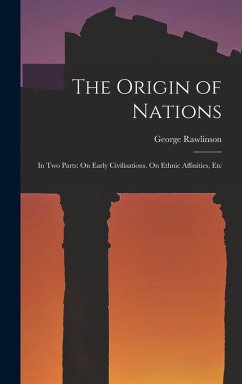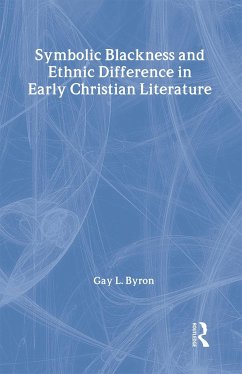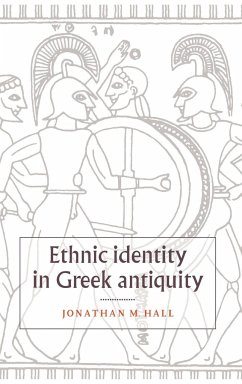
THE RELATEDNESS BETWEEN JAPANESE AND KOREAN ETHNIC ORIGINS
THE RELATEDNESS BETWEEN JAPANESE AND KOREAN ETHNIC ORIGINS
Versandkostenfrei!
Versandfertig in 6-10 Tagen
52,99 €
inkl. MwSt.

PAYBACK Punkte
26 °P sammeln!
While many argue that most of cultural elements in ancient Japan were influenced by Chinese culture, in this book the cultural history of Korea is seen as pivotal in the development of Japanese traditions. Major sources for these inferences include linguistic, historical, archaeological and bioanthropological studies. This strategy attempts to interweave large-scale phenomenon and small-scale events from the Korean peninsula, based on historic and archaeological investigations of Korean, and how these features influenced the people of the Japanese archipelago. While there are still unanswered ...
While many argue that most of cultural elements in ancient Japan were influenced by Chinese culture, in this book the cultural history of Korea is seen as pivotal in the development of Japanese traditions. Major sources for these inferences include linguistic, historical, archaeological and bioanthropological studies. This strategy attempts to interweave large-scale phenomenon and small-scale events from the Korean peninsula, based on historic and archaeological investigations of Korean, and how these features influenced the people of the Japanese archipelago. While there are still unanswered questions it seems clear from this overview that there were extensive and intensive contacts between Japan and Korea. It is likely that these connections extend into the pre- and proto-historic periods. It also seems likely that there were large and small migrations from Korea to Japan even into the end of Kofun period (A.D. 7th). This book argues that the origins of both Japanese and Koreanare very closely linked and deserves a more objective interpretive effort than has been previously formulated.












